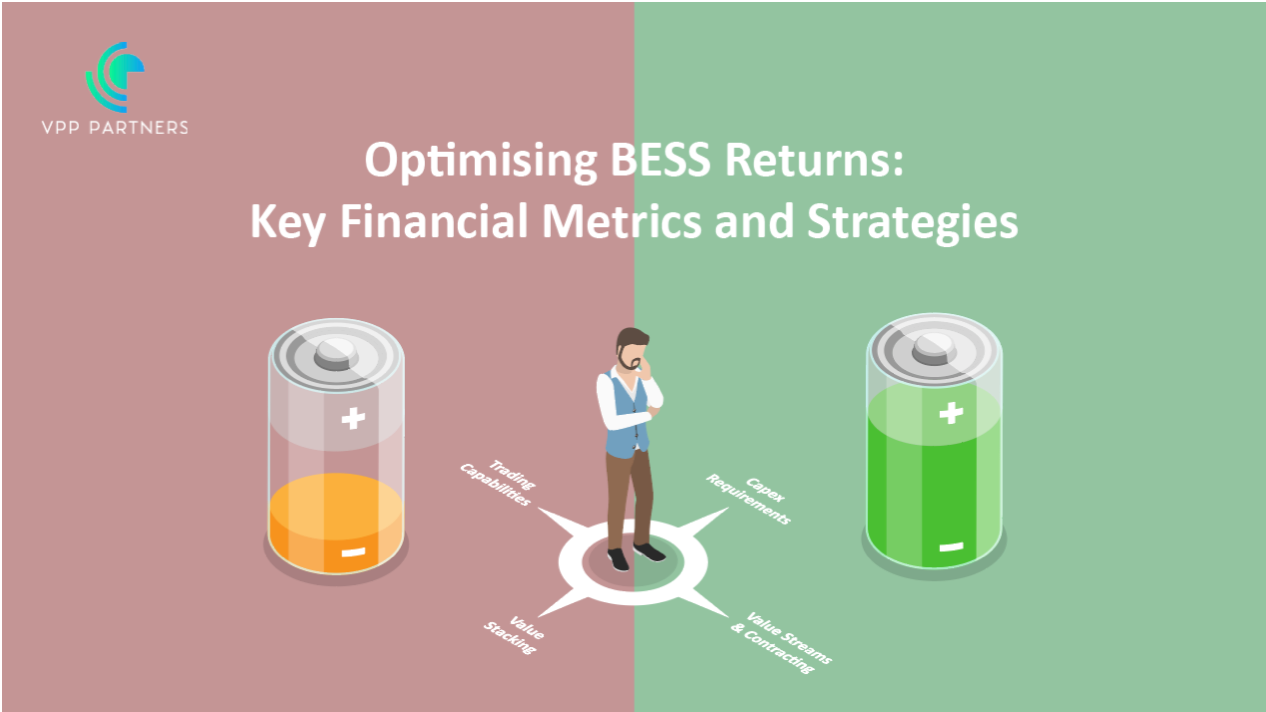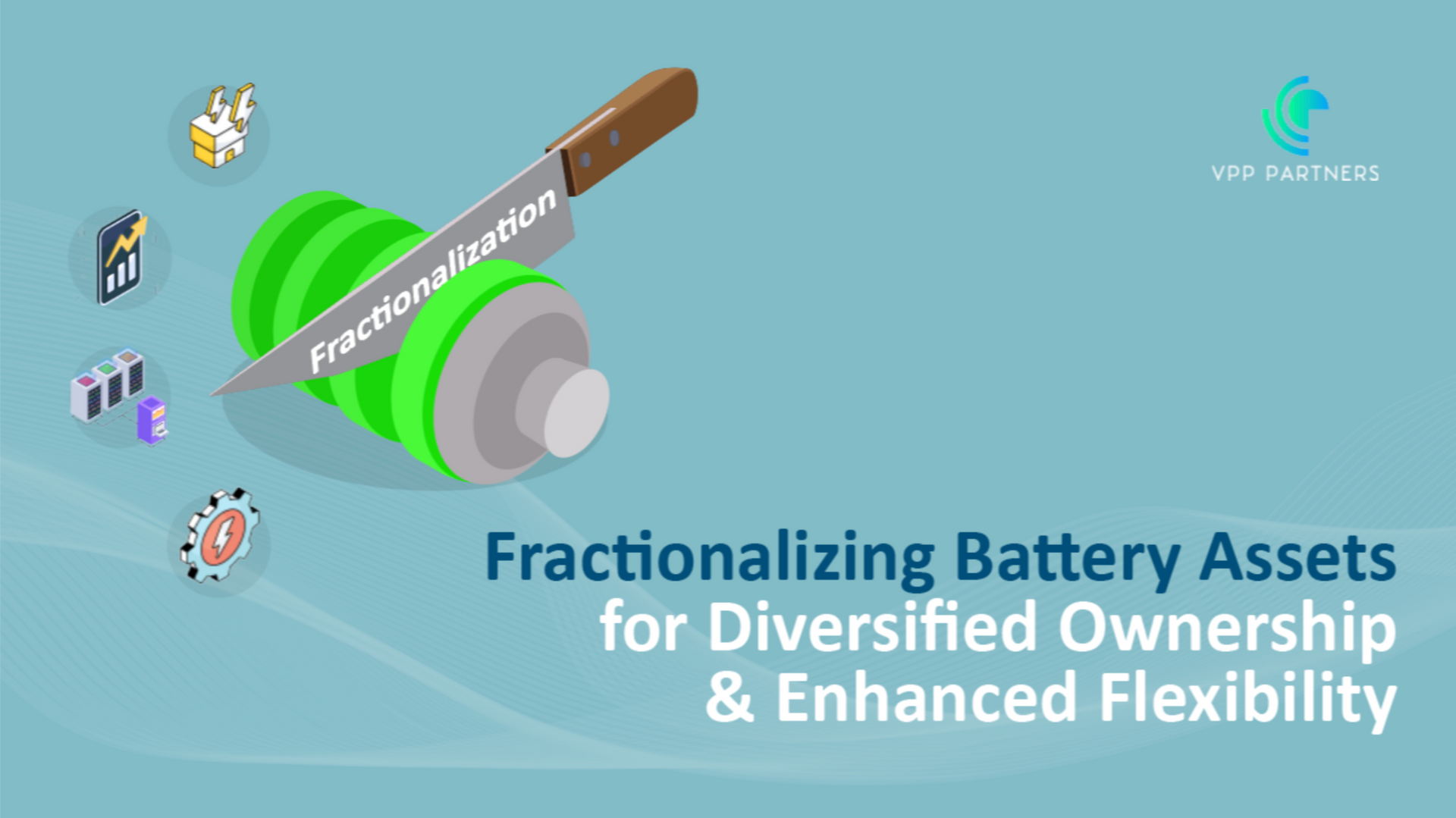Demystifying the energy transition through education
"The great aim of education is not knowledge but action" - Herbert Spencer
With 2021 seeing over $755billion (1) invested globally in the clean energy transition, there are significant opportunities for institutional investors to support the transition to a low carbon economy whilst earning a return. Opportunities for investors range from traditional assets such as transmission or generation infrastructure through to energy services businesses that support energy consumers to decarbonise.
Unlike other industries, energy, energy policy, and energy systems are extremely complex and undergoing a global paradigm shift. The transition is creating an environment of significant uncertainty across the entire energy value chain with some key areas to consider, including:
- Political uncertainty: Until recently, Australia had different objectives between the state and federal governments, as well as the lack of a long-term national energy policy and strategy. This lack of certainty, which was exacerbated by successive governments, created an environment of uncertainty for investors.
- Technological changes: As we all know, the energy landscape is changing as well as the energy technology mix of the energy ecosystem. As new technologies and solutions emerge it is important for investors to understand both the technical readiness of the solution in conjunction with the commercial readiness. These two factors typically combine to answer the question: “is this a bankable investment”?
- Social shifts: Globally we are seeing a significant social paradigm shift in regards to societal expectations. This paradigm shift has seen insurance companies withdraw support for new coal mines(2), consumers demand climate action, and banks withdraw finance for non-renewable generators(3).
To navigate this complexity and change, organisations typically require cross-functional and highly specialised teams that need to come together to solve a common problem. These teams can consist of specialists such as financial advisors, specialist engineers, and energy traders. With each team member bringing their own specialist expertise, effective communication on complex and rapidly changing problems is needed as the underlying foundation to link risk, value, scope, and time.
Before jumping into the energy sector or developing an investment strategy focussing on energy and decarbonisation, market education is a powerful tool for teams and decision-makers. Education leads to better risk management, streamlined communication, and stronger business models, and allows the development of more defendable strategies on how to navigate the energy transition.
At , we offer both standard and tailored training packages designed for any organisation wishing to build up their market knowledge, and those wanting to assess opportunities within the sector. Our packages include introductory courses that cover the basics of the market and provide details on how to build investment models, and courses that facilitate deep dives into the competitive landscape and provide information on emerging players.
From our experience, we see Howard Gardner's "if you think education is expensive, try estimating the cost of ignorance" quote come true all the time; we have found organisations that start with education, as opposed to jumping straight into strategy or product development, have:
- Clarity and purpose: On a recent project, we were able to educate the client on business model evolution within the energy services space, and on how each business model impacts the potential to access value pools. This market education, built around first principles, resulted in the client gaining more focus and purpose around what they want to pursue within the market and how each option (and associated value payoff) would result in a very different outcome long-term. The result was a 3-year roadmap that mapped out what capabilities are needed and by when, potential points to pivot, and areas of potential distraction.
- Change of direction: One of our clients recently pivoted from pursuing an organic approach to market entry to one that only looked exclusively at acquisition opportunities. This change in strategy was underpinned by a deeper understanding of the costs and risks associated with entering the market, macro-trends around consolidation within the segment, as well as unique attributes of the competitive landscape. The original approach would have seen a significant up-front investment required to localise their product, and a significant runway needed to support the local business. This shift to an entry via acquisition saw the client pick up a sizeable customer portfolio and localised capabilities, which reduced product adaption requirements and saw an immediate return on investment.
- Pathways for scale: With visions of rivers of gold, one investor was about to deploy a significant amount of capital in the energy services sector. Unbeknownst to this investor, their entire business model was flawed and didn’t scale appropriately beyond a pilot. This was due to the intricacies of financial settlements within the National Electricity Market (NEM) and several regulatory hurdles. By educating the investor on the risks, value, and obligations of different participants within the NEM, we were able to determine a business model that aligned with the product offering, met the conditions of a pilot, and provided pathways to scale and commercialisation.
- Optionality: A rather large energy user was concerned by the significant amount of short- and long-term uncertainty facing the energy industry, and potential impacts to their energy costs. With the customers' overarching objective of gaining energy independence, a significant amount of time was spent on internal education surrounding the different options and business models that could be pursued to meet this as well as a pragmatic assessment of internal capabilities. The resulting strategy was one in which the customer was able to build up real-world knowledge and experience through a series of initiatives, that had the aim of informing and guiding future decisions whilst still maintaining optionality over time.
At VPP Partners we believe in education, education, and education(4). We support organisations to develop new capabilities, products, and services through education, and to use this education to guide strategic decision-making. We harness the power of education to underpin innovation for organisations and investors alike.
Contact us today at hello@outpostventures.com.au for more information



